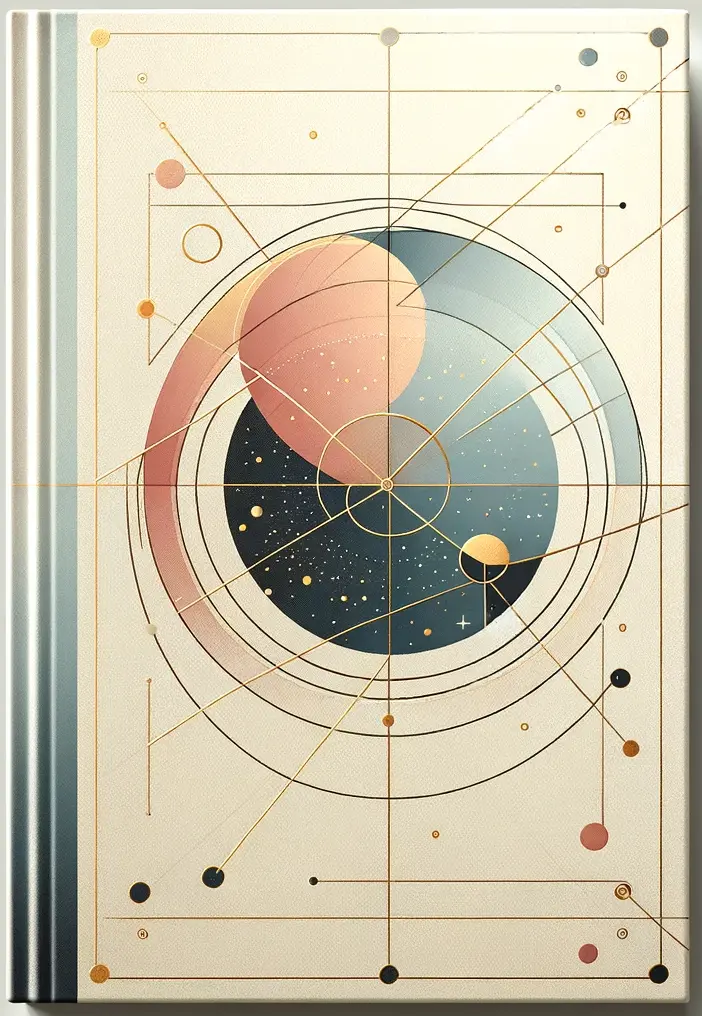Discover books similar to "Project Pope"

Clifford D. Simak
Project Pope
3.69
Project Pope by Clifford D. Simak is a thought-provoking and engaging science fiction novel that explores the nature of faith, consciousness, and the search for truth. The story is set in a future where humans have created a massive computer, named Hector, to serve as the head of a new religion, the Universal Church. Hector is tasked with creating a Pope, a being with divine wisdom and knowledge, who can lead the church and provide answers to the big questions of existence. The novel follows the story of Roger Holybody, a historian who is chosen to document the creation of the Pope and the events that follow. As Hector begins to create the Pope, it becomes clear that the process is more complex than anyone anticipated. Hector must grapple with the question of what it means to be divine, and what qualities a being must possess to be considered a true Pope. Simak's writing is clear and concise, with a strong emphasis on character development and world-building. The characters in the novel are well-developed and relatable, and the dialogue is sharp and witty. The world of Project Pope is richly imagined, with detailed descriptions of the technology and society of the future. One of the most interesting aspects of the novel is its exploration of the nature of faith and religion. Simak raises questions about the role of religion in society, and the potential for technology to replace traditional religious institutions. The novel also explores the idea of consciousness and what it means to be alive, with Hector and the Pope serving as fascinating case studies in artificial intelligence and consciousness. Overall, Project Pope is a compelling and thought-provoking novel that will appeal to fans of science fiction and philosophical fiction. Its exploration of big ideas and complex themes is sure to spark interesting discussions and debates among readers. Whether you're a fan of hard science fiction or more philosophical explorations of the human condition, Project Pope is a novel that is sure to leave a lasting impression...
List of books similar to "Project Pope":

Ursula K. Le Guin
The Left Hand of Darkness
In a distant future, an envoy from Earth is sent to the planet Gethen, a world inhabited by ambisexual beings who can choose and change their gender at will. The envoy must navigate the complex political and social dynamics of this alien culture, while also confronting his own assumptions and biases about gender and sexuality. Like 'Project Pope', this novel explores themes of identity, community, and the challenges of communication and understanding between different cultures.
Learn More
Robert A. Heinlein
The Moon is a Harsh Mistress
Set on a penal colony on the moon in the 21st century, this novel follows a group of rebels who band together to fight against the oppressive Earth government that controls their lives. Through a combination of political maneuvering, guerrilla warfare, and technological innovation, the lunar rebels seek to secure their independence and build a better future for themselves and their descendants. Like 'Project Pope', this novel explores themes of freedom, self-determination, and the power of community and cooperation.
Learn More
Mary Doria Russell
The Sparrow
In the year 2019, a group of Jesuit priests and scientists are sent on a mission to explore a newly discovered habitable planet in a distant star system. But when they arrive, they find a world full of danger, mystery, and moral complexity. As they struggle to survive and make sense of their experiences, they must also confront the personal and spiritual challenges that their journey has raised. Like 'Project Pope', this novel explores themes of faith, discovery, and the limits of human understanding.
Learn More
Andy Weir
The Martian
After a fierce storm forces his crew to evacuate Mars, astronaut Mark Watney is left behind, presumed dead. But Watney is very much alive, and must use all his ingenuity and resourcefulness to survive on a planet that is hostile to human life. With only limited supplies and no way to communicate with Earth, Watney must figure out how to grow food, generate power, and stay alive until help can arrive. Like 'Project Pope', this novel explores themes of survival, isolation, and the power of human ingenuity and determination.
Learn More
Ursula K. Le Guin
The Dispossessed
In this novel, Le Guin explores the tensions between two neighboring planets, one a capitalist society and the other a socialist one. The story follows a physicist who travels from the socialist planet to the capitalist one, and must navigate the cultural and political differences between the two worlds. Like 'Project Pope', this novel explores themes of community, identity, and the challenges of communication and understanding between different cultures.
Learn More
Iain M. Banks
The Culture
This series of novels is set in a future society called The Culture, which is a post-scarcity utopia where machines do most of the work and humans are free to pursue their own interests. However, The Culture also faces challenges from without and within, as it must deal with other, less advanced civilizations and grapple with its own moral and ethical dilemmas. Like 'Project Pope', this series explores themes of community, identity, and the challenges of communication and understanding between different cultures.
Learn More